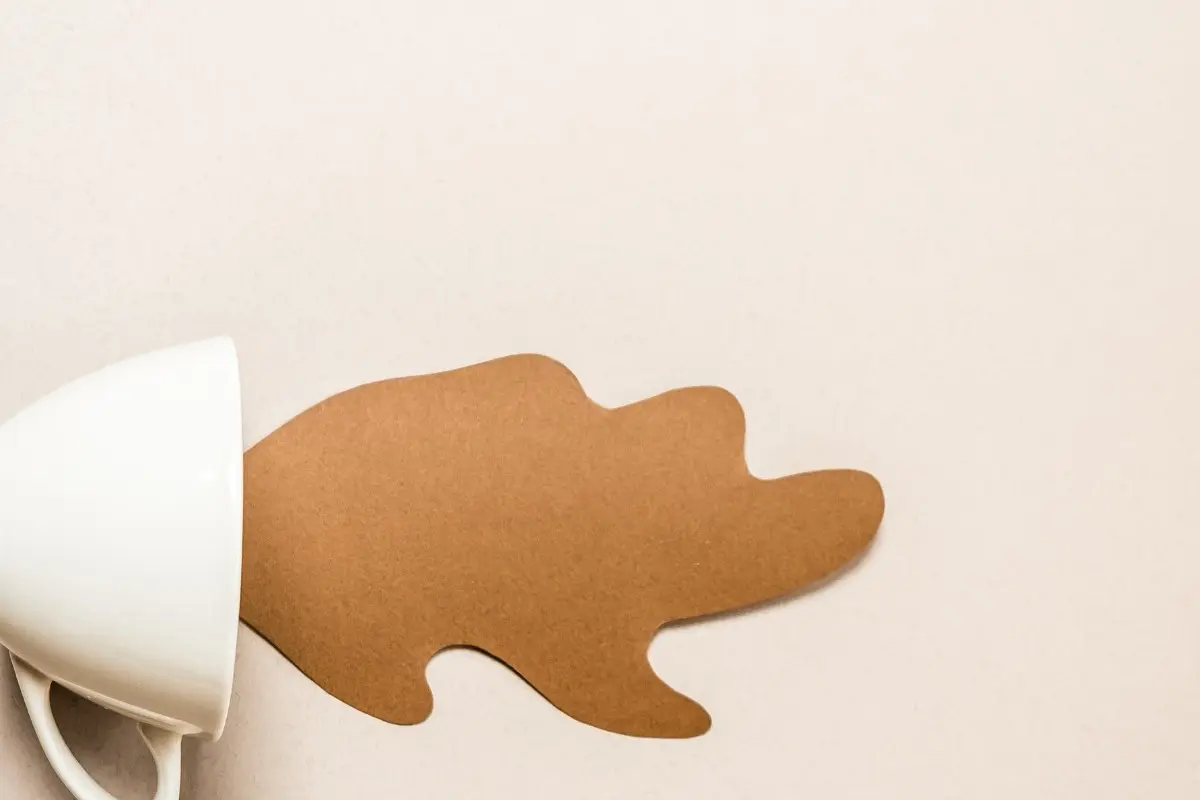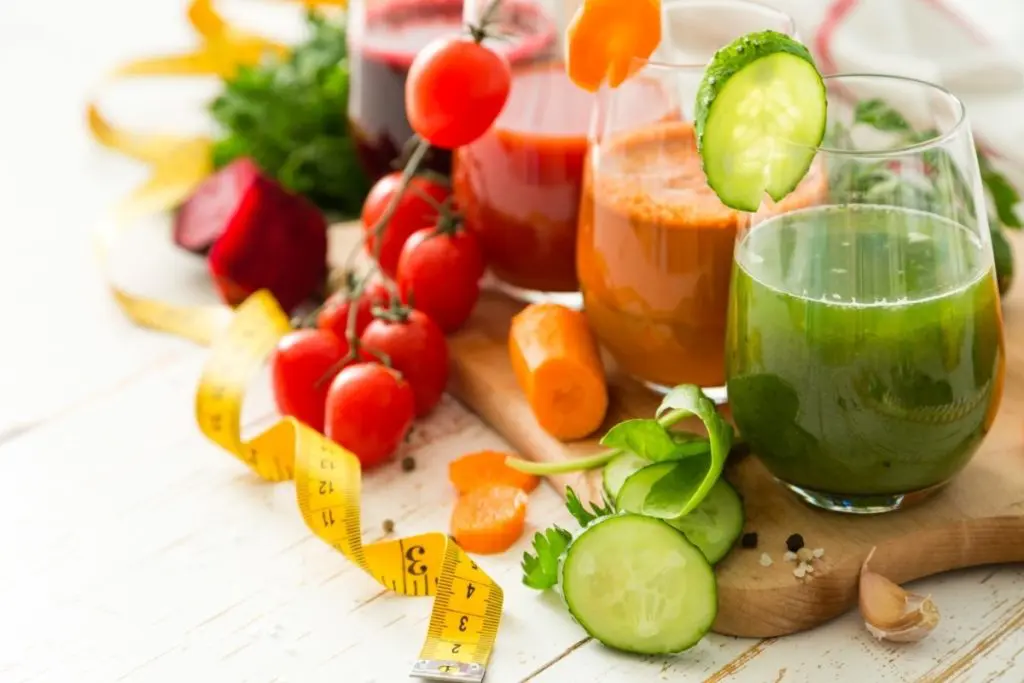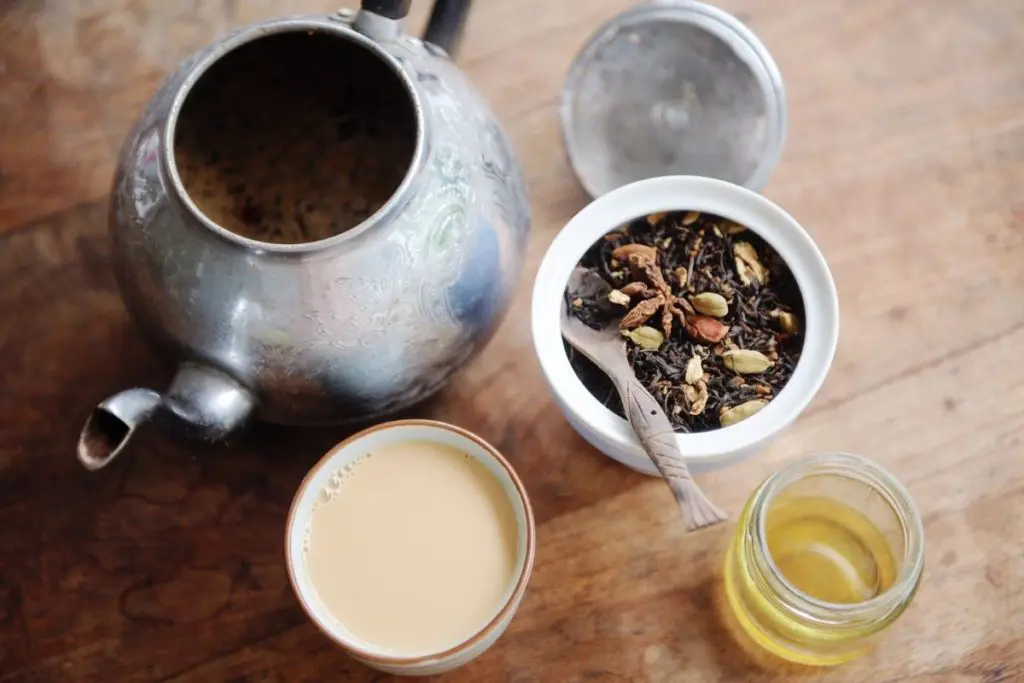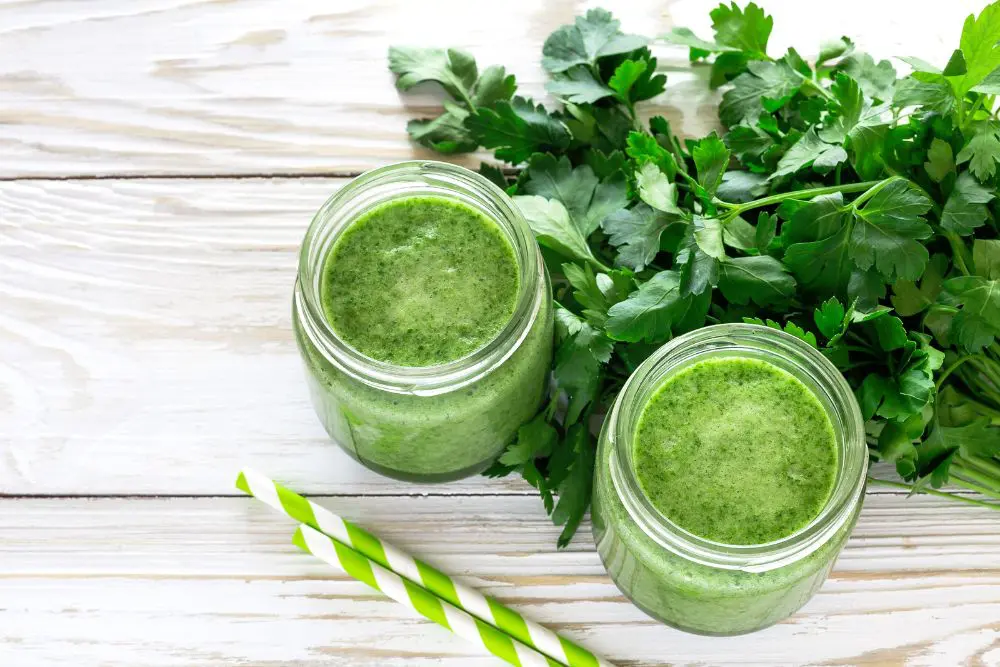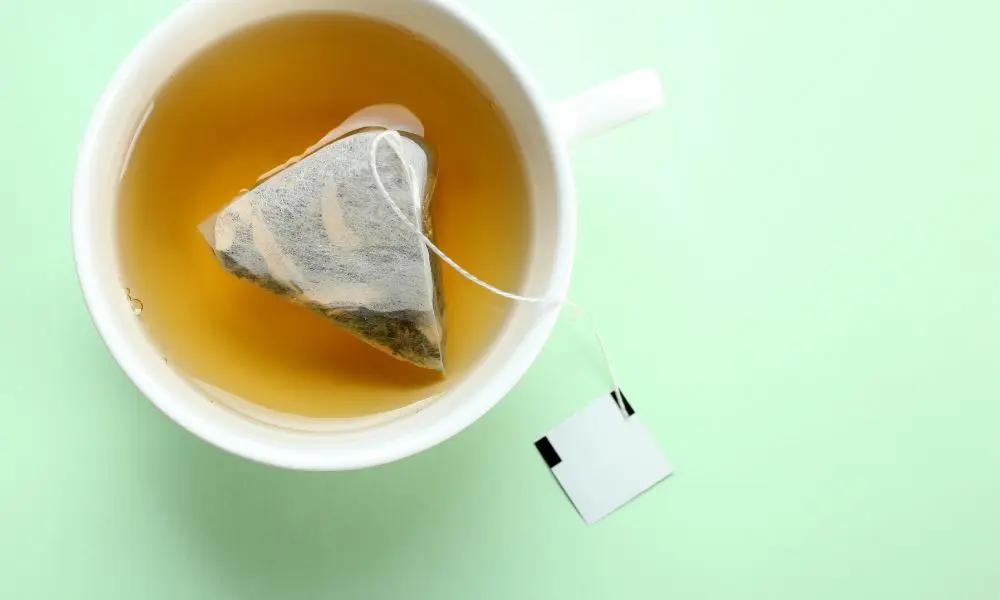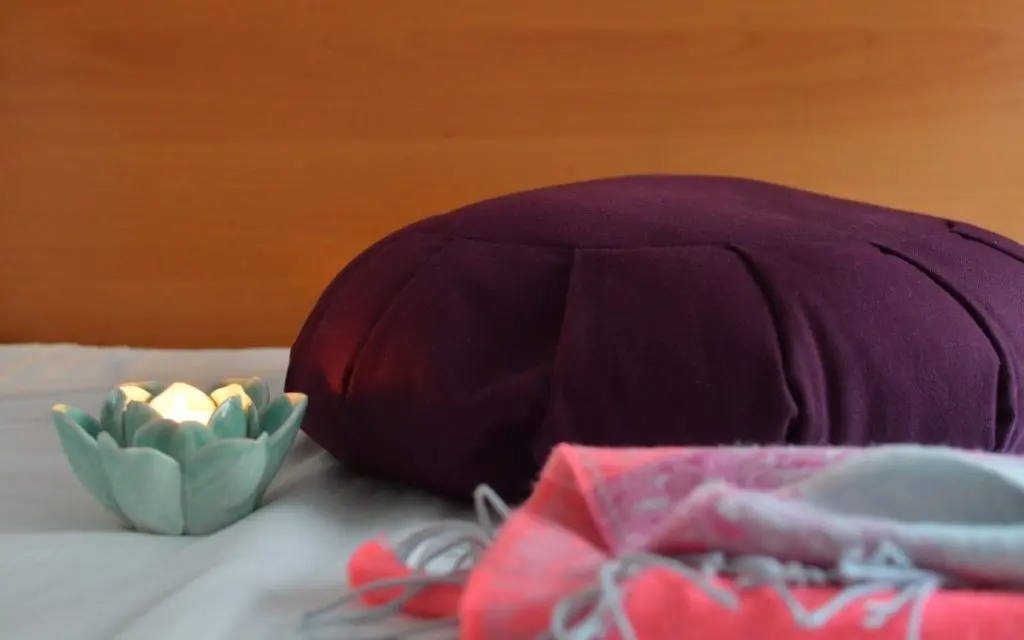Ok, coffee lovers, we’ll break it to you gently. While there are many habits that are much worse than your morning cup of joe, regular caffeine is actually not the healthiest choice.
If you have a coffee-related morning routine that you just can’t quit- we’re here to say the caffeine, not to mention coffee’s acidity, may be doing more harm than good. And with the rise of energy drinks, more people are consuming caffeine than ever before.
In this article, we’ll tell you the benefits of quitting caffeine, as well as provide some pointers for following through on your resolution. Don’t despair, java junkies, just cutting back or switching to decaf can make a big difference! But if you’re ready to quit, we have your answers.
To understand the benefits of quitting caffeine, it’s vital to first understand what caffeine is and its effect on your body. So let’s begin there.
What Is Caffeine, and What Does Caffeine Do to Your Body?
Caffeine is the stuff that’s in coffee that gives you that extra jolt in the morning. Caffeine is, in fact, a natural stimulant, and it’s not just in coffee. It’s also in tea and other kinds of food and drink made from the cacao plant. Many soda and energy drinks also have caffeine as an ingredient.
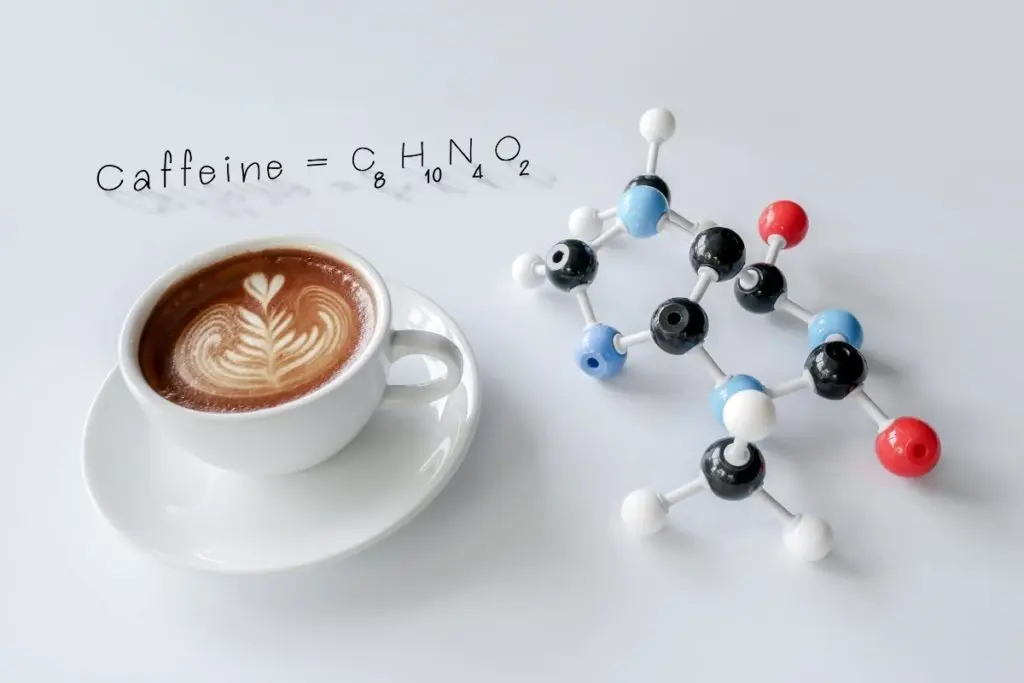
There are worse things than caffeine to consume in moderate amounts daily, but if you fall into a few of the following categories, it’s best to avoid caffeine altogether.
Avoid or decrease your caffeine intake if you:
- Are pregnant, or trying to get pregnant
- Have preexisting anxiety issues
- Have digestive issues like acid reflux and diabetes, among others
- Are on a medication that doesn’t mix well with caffeine (check with your doctor to find out more).
- Have preexisting blood pressure issues
How Caffeine Works
Once consumed, caffeine absorbs into the bloodstream through the gut. Then it gets broken into specific compounds in the liver. Caffeine works its magic on a few internal organs, but we primarily feel its effect on our brains. And oh, what a glorious effect that is.
The specific effect caffeine has on the brain is through blocking the effect of adenosine. Adenosine is a neurotransmitter that builds up in the brain over the course of our day, making us feel tired.
All this means, if you feel extra alert in the morning after your first cup of coffee, you’re right. That’s precisely how caffeine makes you feel, and to some degree, it’s true.
But caffeine also affects the following:
- Increased adrenaline levels in the blood
- Boosted activity in brain neurotransmitters dopamine and norepinephrine
Caffeine’s not all bad, either. Studies also show moderate caffeine intake also improves short term recall, and lowers the risk of depression. Although caffeine can also raise blood pressure for some individuals, it has also shown to help prevent heart disease. It has even been discovered to lower the risk of stroke in some individuals.
These are just a few of the many health benefits linked to moderate caffeine consumption. So why would you ever need to quit? Well, like anything in life, too much of a good thing can sometimes be just that.
Health Benefits of Quitting Caffeine

How much caffeine is too much? Experts say about 400 milligrams of caffeine is safe for most healthy adults. That’s about four cups of coffee, 10 cans of cola, or two energy drinks. Anything more than that, and it might be time to consider cutting back. Once you do, expect the following:
1
Less Anxiety
For many people, and especially those prone to anxiety, caffeine doesn’t just provide that little extra boost to get the day started right. It leaves them a jittery, nervous mess.
That’s because caffeine switches our body’s natural “fight or flight” hormones into overdrive. Cut back or quit, and these hormone levels in our body eventually normalize, and we feel less anxious.
2
Better Sleep
Less of that stimulating effect of caffeine can also lead to better sleep and provide all the health benefits associated with a good night’s rest.
3
Improved Digestion
While caffeine makes our brains feel great, it’s pretty rough on our digestive systems. In other words, our minds aren’t the only thing stimulated by this natural drug. First of all, caffeine is a laxative. Consuming it can lead to diarrhea, among other symptoms, and studies show excessive caffeine consumption can lead to GERD, or gastroesophageal disease.
4
Better Mood
We love caffeine because it helps us feel awake. Scientists agree that caffeine is addictive, however, and that means when you don’t have it, you’ll crave it. That craving makes us grouchy. It also gives us headaches, which is a leading symptom of caffeine withdrawal (more on caffeine withdrawal side-effects a little later on).
5
Better Nutrient Absorption & Better Hormone Balance for Women
Drinking caffeine has been linked to increased estrogen levels in some women, and elevated estrogen levels contribute to the following diseases and conditions:
- Endometriosis
- Breast cancers
- Ovarian cancers
Furthermore, high levels of caffeine intake might hinder the absorption of certain nutrients — for both men and women. Tannins in caffeine can block the following:
- B Vitamins
- Calcium
- Iron
And getting enough of these nutrients in our diet, with adequate absorption, offers a whole host of benefits.
6
You’ll Look Better!
There are some aesthetic benefits to quitting caffeine, as well. Coffee and tea stains your teeth, so going without will help those pearly whites shine. And speaking of teeth, the tannins in caffeine can eat away at the enamel, contributing to tooth decay — yuck!
Following teeth, the second cosmetic benefit of less caffeine has to do with our skin.
Consuming caffeine reduces collagen synthesis in our skin, disrupting collagen formation. Disrupted collagen formation can cause decline in the look, feel, and resiliency of our hair, nails, and skin. Caffeine doesn’t cause wrinkles, exactly, but it can inhibit the body’s natural ability to fight them off.
So, what are the skin benefits of quitting caffeine? Without a disruption in collagen formation, your skin’s overall health and elasticity will improve, translating to more youthful and clear skin. What’s not to love about that?
What Are Caffeine Withdrawal Symptoms?
Quitting caffeine isn’t easy. Like we said earlier, caffeine is addictive. If your body expects a daily dose, it will take some time for your system to readjust. This intake drop-off can lead to symptoms of withdrawal.
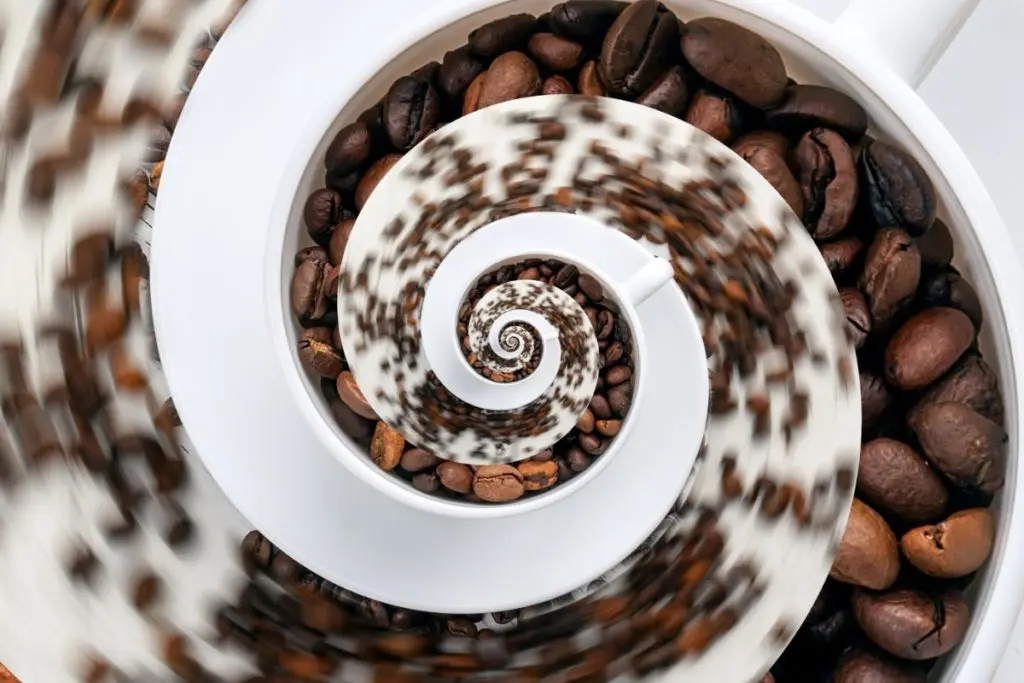
Up next, we’ll tell you what to expect from some common caffeine withdrawal symptoms and what to do about them.
Suppose you’ve decided to cut down or eliminate caffeine from your diet. In that case, you should be aware that caffeine withdrawal is real, and at its most extreme, can make people feel pretty sick.
Here are are some symptoms of caffeine withdrawal and some steps to take to mitigate the worst of the effects.
Headaches, Jittery Nerves, and Nausea
If you’re experiencing headaches, jittery nerves, or nausea after cutting back on caffeine, take over-the-counter pain medication, drink plenty of water, and try to get some rest. These symptoms will abate over time.
Sleep Disturbances
If cutting caffeine has disrupted your sleep patterns, again, drink plenty of water. Try using a few of the common sleep techniques generally recommended to improve sleep. That list includes deep breathing and limiting screen time before bed.
Abnormal Heartbeat
Caffeine withdrawal can even cause heart palpitations, a racing heartbeat, or high blood pressure. If any of these symptoms become too severe, seek medical attention right away. Otherwise, breathe deeply and stay hydrated, and these symptoms should subside over time.
In addition, our bodies readjusting to less caffeine can leave us tired, depressed, irritable, and fatigued. To mitigate these effects, it’s best to wean yourself off caffeine slowly. More tips on cutting caffeine are coming up next.
How to Quit Caffeine

In addition to starting slowly, here are some additional pointers to leave caffeine behind once and for all (and not become a moody monster while you’re at it).
1. Reduce the Caffeine Content in Your Favorite Beverage
Our number one tip for cutting back coffee is to look for ways to gradually reduce the caffeine content in your beverages. If that’s coffee, go half-n-half decaf, and then slowly work your way to fully unleaded brew. Or try tea instead of coffee to keep some caffeine in your system but in lesser amounts.
2. Exercise
With caffeine out of the picture, you may struggle to feel the energy you once felt when you need it most. To combat this effect, seek all-natural ways to boost energy, like eating a balanced diet and getting plenty of exercise.
3. Stay Hydrated and Get Plenty of Sleep
It’s also essential to drink plenty of water while quitting caffeine and get plenty of rest. This will help you feel better in the long-run and help quickly neutralize the adverse effects of caffeine withdrawal.
The Cream and Sugar on Quitting Caffeine
Although there are worse habits than drinking caffeine in moderate amounts, caffeine can cause a host of health problems for many people, and some folks, like pregnant women, should avoid it altogether.
The benefits of quitting caffeine include less anxiety, clearer skin, and improved digestion, among many others. Caffeine is a drug, and going cold turkey can make you feel unwell.
To help minimize these effects, drink plenty of water, get some exercise and rest, and try an over-the-counter pain medication if you have headaches. Also, start slowly, and gradually decline the caffeine content in your beverages.
If any of these symptoms get too severe, however, seek medical attention right away. Otherwise, follow these simple guidelines, and life after caffeine is possible.
Further Reading
